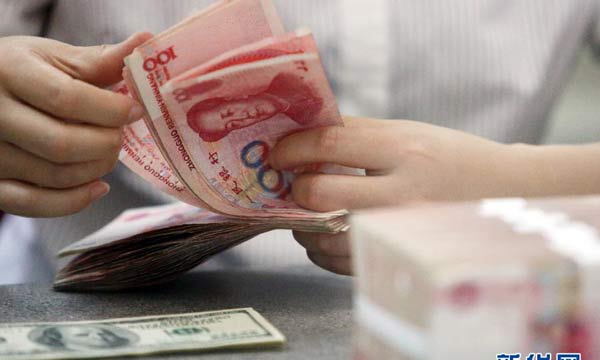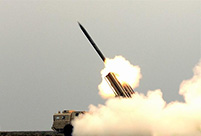

 |
| Photo/Xinhua |
China's central bank announced to improve its central parity system to better reflect market development in the exchange rate of the Chinese currency renminbi or the yuan against the U.S. dollar on Tuesday. Following the change, the central parity rate of the RMB, or the yuan, weakened sharply by 1,136 basis points, or nearly 2 percent, to 6.2298 against the U.S. dollar on Tuesday. Despite this, the depreciation will not be a long term thing.
Many worry that China will face new downward pressure on its currency just as Russia and Brazil did. Such worry is really unnecessary. Much research shows whether a country will face the downward pressure is mainly dependent on its economic fundamentals. Currency crisis tends to strike those countries that face problems such as current account deficit, low foreign-exchange reserve, financial deficit, excessive debt, and a sluggish economy.
Some worry that with the opening of its capital account, China will suffer capital flight, which may result in downward pressure on yuan. In fact, the opening of a capital account not only helps more Chinese companies and people to invest abroad, but also brings more foreign investment into China. For example, the interest of Chinese risk-free bonds is 3.2 percent, higher than that in many European counties. The Chinese bond market is very alluring to European investors. As long as sound measures are taken to coordinate the opening to the world, risk from cross-border capital flow can be controlled.
This article was edited and translated from 《人民币不会趋势性贬值》,source:People's Daily, author: Ma Jun is Chief economist of the People's Bank of China, the central bank.
 Construction on Asia’s biggest suspension bridge started
Construction on Asia’s biggest suspension bridge started Impressive firing of China’s rocket artillery system
Impressive firing of China’s rocket artillery system Shocking scenes found in 4000-year-old earthquake relic
Shocking scenes found in 4000-year-old earthquake relic Female soldiers add color to military parades
Female soldiers add color to military parades Stunning photos of China’s fighters and airborne troops
Stunning photos of China’s fighters and airborne troops Mums stage breastfeeding flash mob
Mums stage breastfeeding flash mob Awesome Chinese missiles
Awesome Chinese missiles Official shot having sex with two college girls
Official shot having sex with two college girls Moscow “spider-man” climbs Chinese skyscraper
Moscow “spider-man” climbs Chinese skyscraper Park has all reasons to attend WWII parade
Park has all reasons to attend WWII parade 7 features on new 100-yuan RMB to fight counterfeiters
7 features on new 100-yuan RMB to fight counterfeiters Australia and China work together to deport officials suspected of corruption
Australia and China work together to deport officials suspected of corruption Deep in the mountains, Chinese villagers struggle to save dying opera tradition
Deep in the mountains, Chinese villagers struggle to save dying opera traditionDay|Week